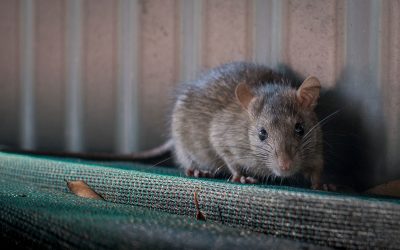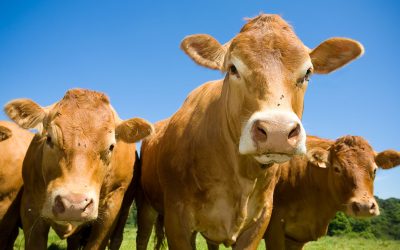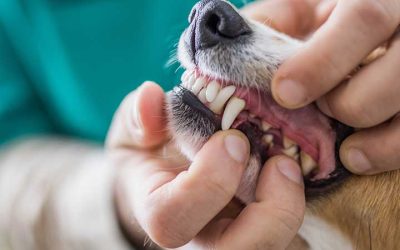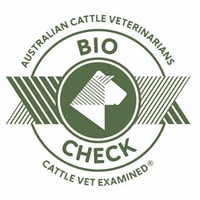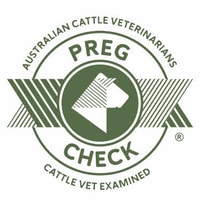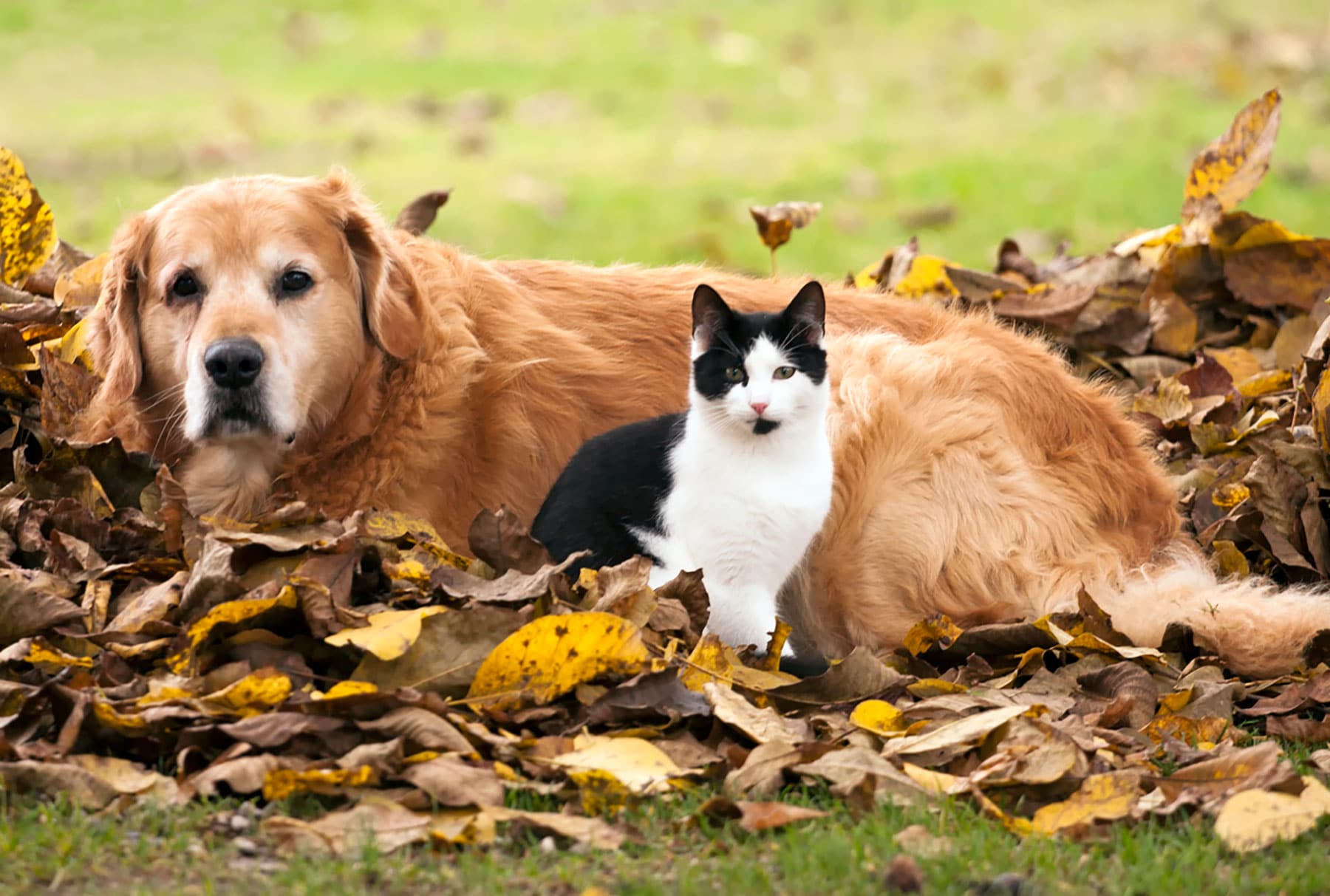
Ouch! Do you ever experience sore joints on a chilly morning?
Like humans, our furry best friends can experience aches and pains caused by arthritis. These pains can become more intense over the cooler months – let us teach you a little about this common condition, so you can keep an eye out for symptoms and how to look after your pet before they become too uncomfortable.
What is arthritis?
Arthritis is a broad term that relates to inflammation of the joints (knees, elbows, shoulders etc.).
It is known for causing discomfort, stiffness, pain and can often worsen as your pet grows older. Arthritis can affect all sorts of pets – from a tiny mouse to a 1.8m tall horse!
Many different kinds of arthritis can affect your pet; some of the most common types we see are Osteoarthritis and Rheumatoid Arthritis.
What causes arthritis?
Depending on the type of arthritis your pet may be experiencing, the cause can vary greatly. Some of the more common causes we see include:
- General’ wear and tear’ – as your pet ages, their cartilage (a spongey, rubber-like material that covers the end of a bone, acting as a cushion) can start to break down.
- Genetic – unfortunately, some types of arthritis can be passed down through family lines. It is important to be aware of this or talk to your Vet about genetic conditions if you are not sure!
- Weight-gain – Carrying a few extra kilos can put additional stress on your pet’s joints, especially when they are walking, running and jumping!
Arthritis symptoms to look out for
Arthritis affects every pet in different ways.
Some of the most tell-tale signs your pet might be suffering are:
- Limping or an unusual posture/stance when moving about
- Stiffness, especially after exercise
- A reluctance to move or stand up
- Changed behaviour, such as a lack of interest in playing as usual or increased sleep
- The inability to jump on furniture, climb stairs or jump into the car
- Irritability or depression (lack of interest)
- Growling or biting when touched
- Visibly deformed or swollen joints
What to do if your pet is suffering from arthritis:
Come and see us! There are so many treatments available today, thanks to modern medicine.
Depending on the severity and type of arthritis your pet is suffering, our team will tailor a treatment plan just to them! It is also important to check that your pet’s arthritis isn’t an indicator of a more sinister illness.
Treatments we can suggest range from dietary supplements, special diets, weight reduction plans for overweight pets, muscle massages, specialised strengthening exercises, laser treatments, acupuncture, anti-inflammatory pharmaceutical treatments and other pain relief. We can also give you some excellent advice about making your home more comfortable for your pet (think comfy bedding, stopping cold drafts, non-skid flooring and ramps!).
Arthritis can be efficiently managed with the help of your Vet – let’s work together to make sure your best friend is enjoying life to the fullest! If you’re worried about your pet or think they are showing signs of arthritis discomfort, BOOK ONLINE, give us a call today on 07 4693 2233 or email us at Info@pittsworthvetsurgery.com.au to organise a consultation.
RELATED ARTICLES
Rat Bait Toxicity
Take care when choosing rodenticides this winter as it could mean the difference between life or death of your pet. Not all baits are equal in their toxicity and you should always refer to the ingredients listed on the product. There are three key types of Rat Bait:...
Calving – When to intervene
The most common reason for calf losses in the cattle industry are calving difficulties, known as dystocia. In order to recognise dystocia promptly, an understanding of the normal calving process is necessary. The more difficult the calving; the greater the risk of...
Discount desexing
This Winter we are offering our annual 20% off de-sexing’s for both dogs & cats from 1st June to 31st July. If it's something you have been putting off then wait no longer! ADVANTAGES OF DESEXING Reduction in vet bills by reducing the following health conditions;...
The Importance of Dental Care for Your Pet
Did you know that 80% of dogs and 70% of cats over three years of age have some form of dental disease? Dental disease can not only be painful and uncomfortable for pets, but the procedure to clean and remove teeth becomes more complicated and often more costly to...
RELATED
ARTICLES
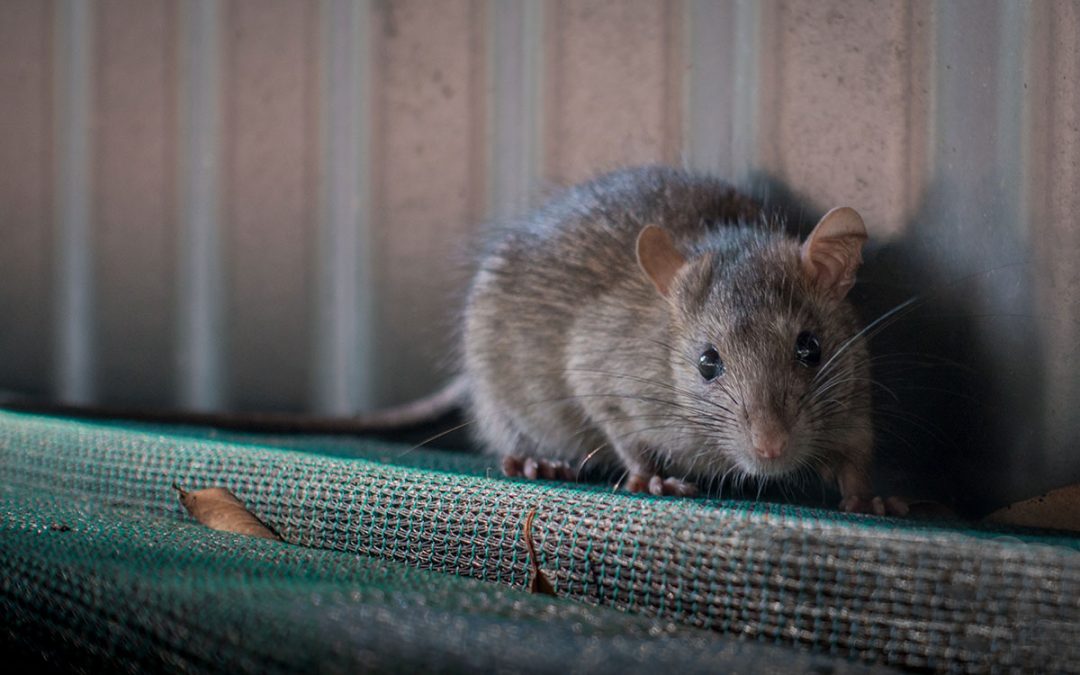
Rat Bait Toxicity
Take care when choosing rodenticides this winter as it could mean the difference between life or death of your pet. Not all baits are equal in their toxicity and you should always refer to the ingredients listed on the product. There are three key types of Rat Bait:...
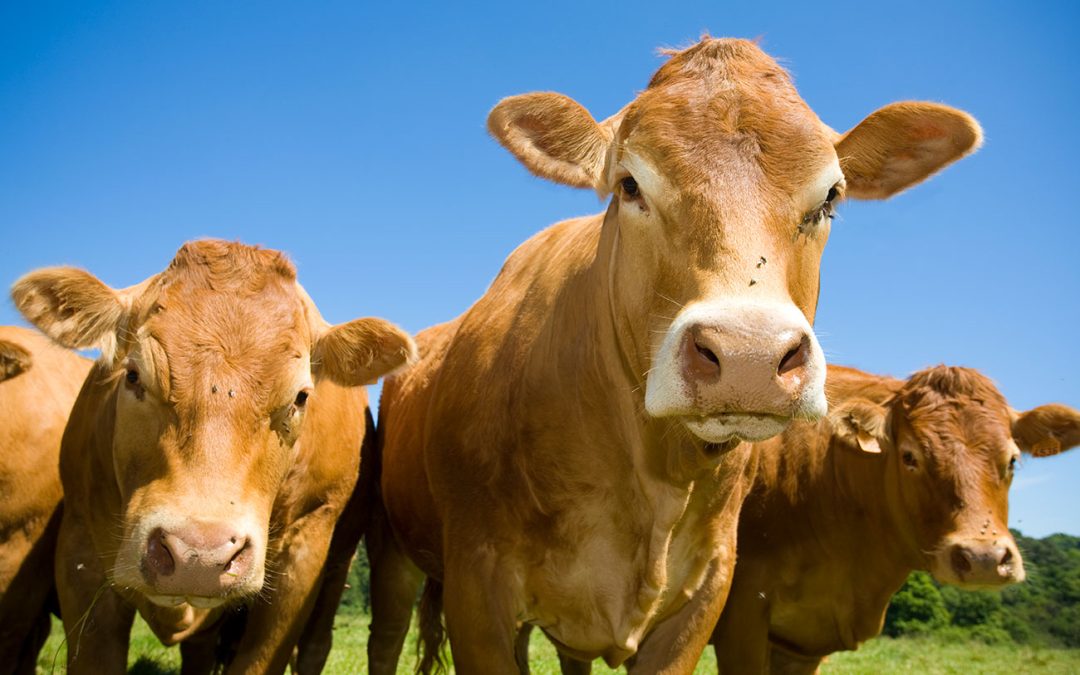
Calving – When to intervene
The most common reason for calf losses in the cattle industry are calving difficulties, known as dystocia. In order to recognise dystocia promptly, an understanding of the normal calving process is necessary. The more difficult the calving; the greater the risk of...

Discount desexing
This Winter we are offering our annual 20% off de-sexing’s for both dogs & cats from 1st June to 31st July. If it's something you have been putting off then wait no longer! ADVANTAGES OF DESEXING Reduction in vet bills by reducing the following health conditions;...
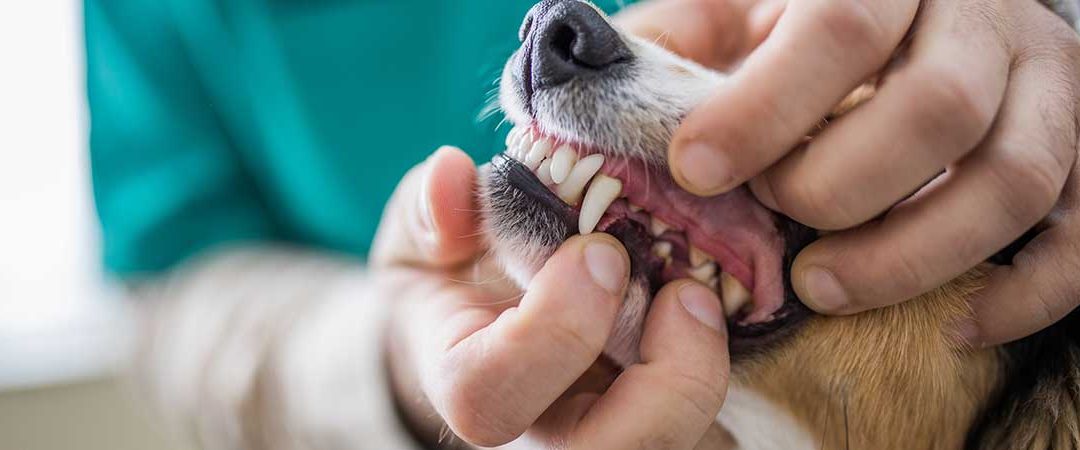
The Importance of Dental Care for Your Pet
Did you know that 80% of dogs and 70% of cats over three years of age have some form of dental disease? Dental disease can not only be painful and uncomfortable for pets, but the procedure to clean and remove teeth becomes more complicated and often more costly to...
Call Us Today To Discuss Your Animal Needs
Business Hours Phone: 07 4693 2233




